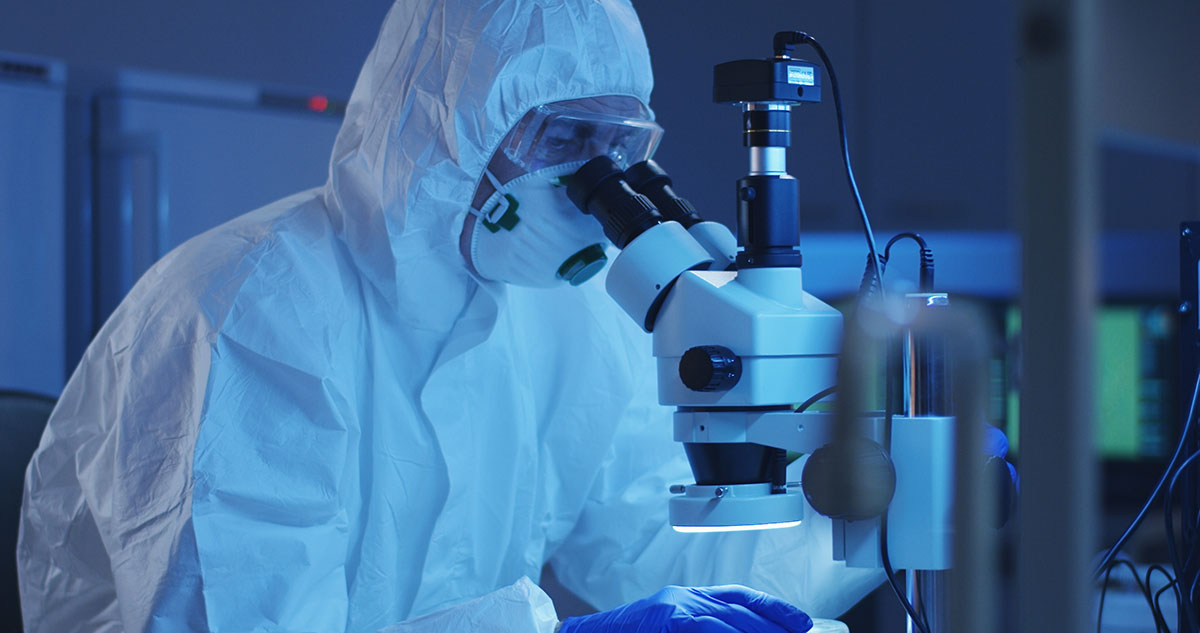NORM Decommissioning

Naturally Occurring Radioactive Material (NORM) is a well-known issue that occurs on a variety of job sites. NORM will typically lead to problems during facility decommissioning if no one identifies it during production or maintenance. This could create delays and cost a significant amount of money to fix. Many locations are contaminated that have not been identified. In some cases, simple cleaning of the site will not remove all contamination.
What is NORM?
NORM stems from on-site activities that increase exposure to ionizing radiation. Each raw material or mineral possesses radionuclides of natural origin. Even though most activity for workers surrounding these minerals or raw materials is not dangerous in terms of radiation concern, there are some activities that increase exposure to radiation. For example, oil and gas production, production of fertilizers, or burning coal can create NORM substances. With these jobs, there must be rules in place to deal with the risk of increased radiation exposure. These rules should protect workers as well as the work site.
NORM Classifications
Every state and country differs about their regulations and what they classify to be radioactive waste. Some countries may identify something as radioactive waste, but in another country it is not considered to be radioactive. Over time, more NORM hazards have been identified, so different facilities are increasing awareness about regulations on-site to accommodate these new identifications.
For oil and gas companies, NORM classification depends on radioactive material of reservoir rock and water salinity stemming from wells. More salinity in the water indicates a higher presence of NORM. Thus, older wells usually create higher concentrations of NORM than more recent wells. Fracking, a gas extraction activity, also releases more NORM into environments. Despite this concern, outside exposure to NORM from oil and gas industries is low, so workers are not required to maintain protective protocol unless they go above their exposure limit.
Dangers of NORM
NORMs can be particularly dangerous for the following reasons:
- NORM can be extremely threatening when mixed with other hazardous waste substances. Hazardous waste characteristics are anything ignitable, corrosive, toxic, or reactive.
- NORM waste can easily be missed since it’s so difficult to detect on a job-site. This is why awareness and testing is so important.
- NORMs can still be present even after cleaning procedures are completed. This is why companies should enlist professionals to help with the cleaning process.
NORMs can either be mixed with hazardous contamination, as mentioned above, or NORMs may be the only contaminant present. In some cases, on-site equipment can be contaminated by NORM as well. This is another reason awareness and testing are so important.
Decommissioning Planning
When planning for NORM decommissioning, there are many factors to consider. Expect some uncertainties at the contractual stages regarding the problem. Every facility is different, so the amount of contamination after breaks in containment will change among facilities. Sometimes, parts may be contaminated that can’t actually be monitored or ends of the pipe may appear to not have any contamination. However, with closer inspection that initial appearance could prove false. A simple baseline survey before decommissioning can help determine if NORM is present. Continuous surveying is recommended to track contaminated items throughout the process. If surveying is not frequent enough, it could lead to poor decisions affecting company costs and regulation issues. Training and instruction is required at the planning stages. Legally, the business must consult with Radiation Protection Advisers (RPA) and Radiation Waste Advisers (RWA) and provide details about potential upcoming issues.
Clean Management can help your business detect and measure NORM that may be contaminating your job site. With partners around the country, Clean Management specializes in hazardous waste clean-up, including NORM decommissioning, anywhere you need it. Our local experts can help ensure a safe, successful experience. Contact us today to learn how we can help!






